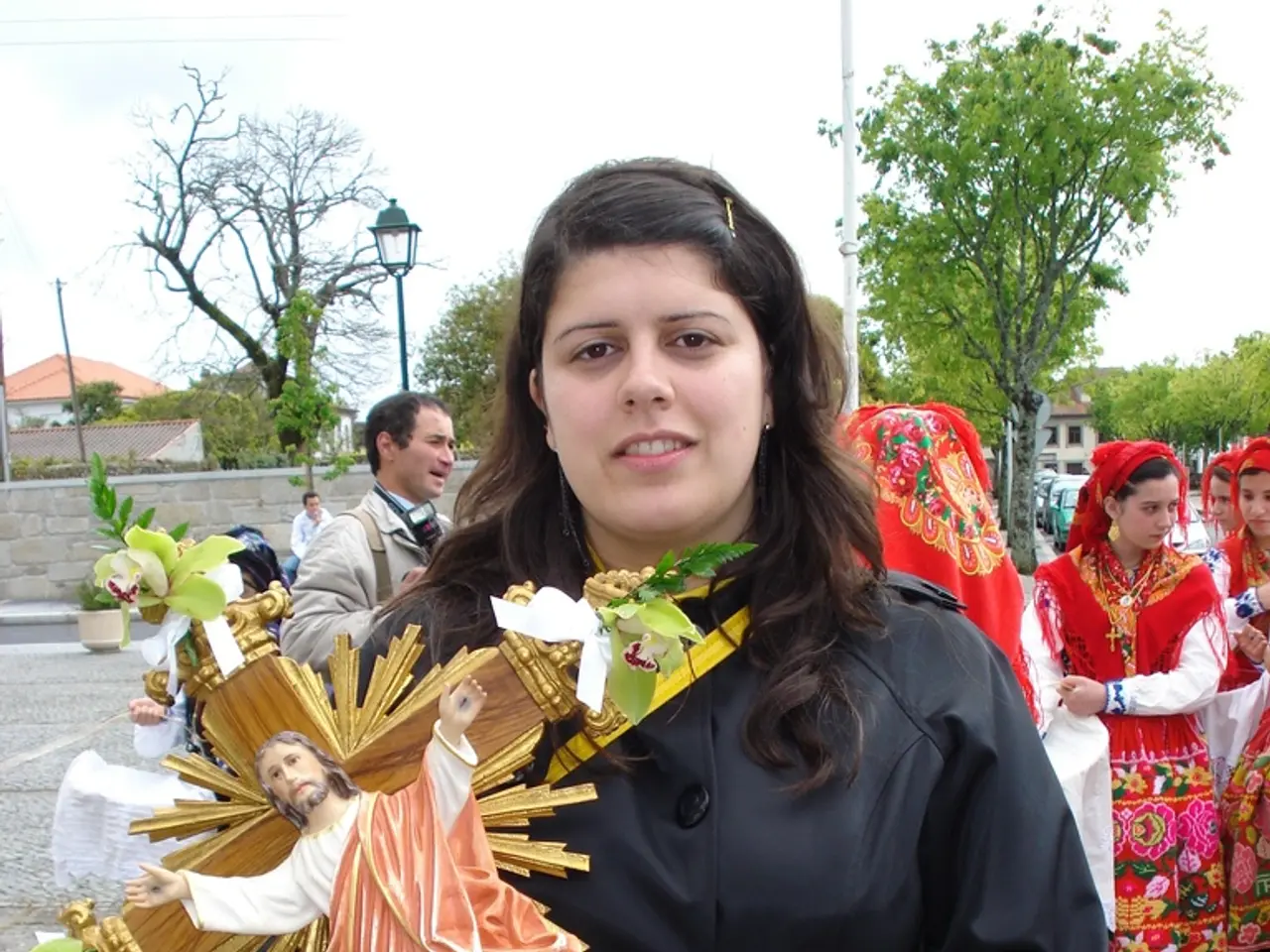Legal Implications of Religious Liberties for Indigenous Populations: A Jurisprudential Analysis
In numerous countries across the globe, constitutional provisions recognize the importance of religious freedom, with examples like the Canadian Charter of Rights and Freedoms. This fundamental right extends to indigenous peoples, who are striving to preserve their spirituality and cultural heritage.
The preservation of Indigenous spirituality is not just a matter of tradition, but a crucial component of broader discussions on human rights and cultural preservation. Indigenous voices remain influential in advocating for their religious freedoms and safeguarding their heritage.
Partnerships between indigenous communities, governmental agencies, non-profit organizations, and academic institutions are essential in advancing these freedoms. These collaborations provide a platform for dialogue between indigenous communities and state authorities, fostering mutual respect and developing laws that honor indigenous religions while addressing contemporary societal needs.
Indigenous rights organizations play a pivotal role in this endeavour. They advocate for religious freedoms, provide legal support, and conduct education and awareness campaigns. These organizations work to challenge discriminatory policies, promote legislation that respects indigenous spiritual practices, and increase public understanding of the significance of preserving indigenous spiritualities.
Emerging international instruments and treaties, such as the United Nations Declaration on the Rights of Indigenous Peoples, offer a pathway for asserting these freedoms. Partnerships and collaborations with other advocacy groups amplify the efforts of indigenous rights organizations, enhancing resources and broadening the impact of their initiatives.
However, challenges persist. Government regulations that clash with indigenous beliefs, limitations on land access, and economic development initiatives that prioritize corporate interests over indigenous rights pose significant obstacles. Indigenous spirituality, essential to maintaining cultural identity and community cohesion, is often threatened by these challenges.
Preserving Indigenous spirituality promotes social justice, contributes to ecological stewardship, and aligns communal practices with the preservation of natural resources, thus enhancing environmental sustainability. Incorporating traditional indigenous practices into modern legal systems involves recognizing the rights of indigenous peoples to maintain their spiritual beliefs while adhering to contemporary laws.
Joint advocacy campaigns, legal workshops, and educational materials are examples of collaborative efforts that aim to bolster advocacy and legal support for indigenous religious rights. In Germany, indigenous rights organizations such as the "Arbeitskreis indigene Völker" and the "Gesellschaft für bedrohte Völker" are active and engage in advocating for the religious freedoms of indigenous peoples.
The future of religious freedoms for indigenous peoples relies on a global commitment to uphold their rights within legal frameworks. Active participation by indigenous communities in legislation and policy-making is crucial. Legal frameworks supporting religious freedoms for indigenous peoples are grounded in both domestic and international law, such as the United Nations Declaration on the Rights of Indigenous Peoples.
Various case studies illustrate the intersections of religious freedoms and indigenous peoples, such as the Apache tribe's struggles to protect sacred sites in the United States, the Maori's reclamation of traditional practices in New Zealand, and the First Nations' legal advocacy in Canada. These stories serve as a reminder of the ongoing journey towards ensuring religious freedoms for indigenous peoples worldwide.








